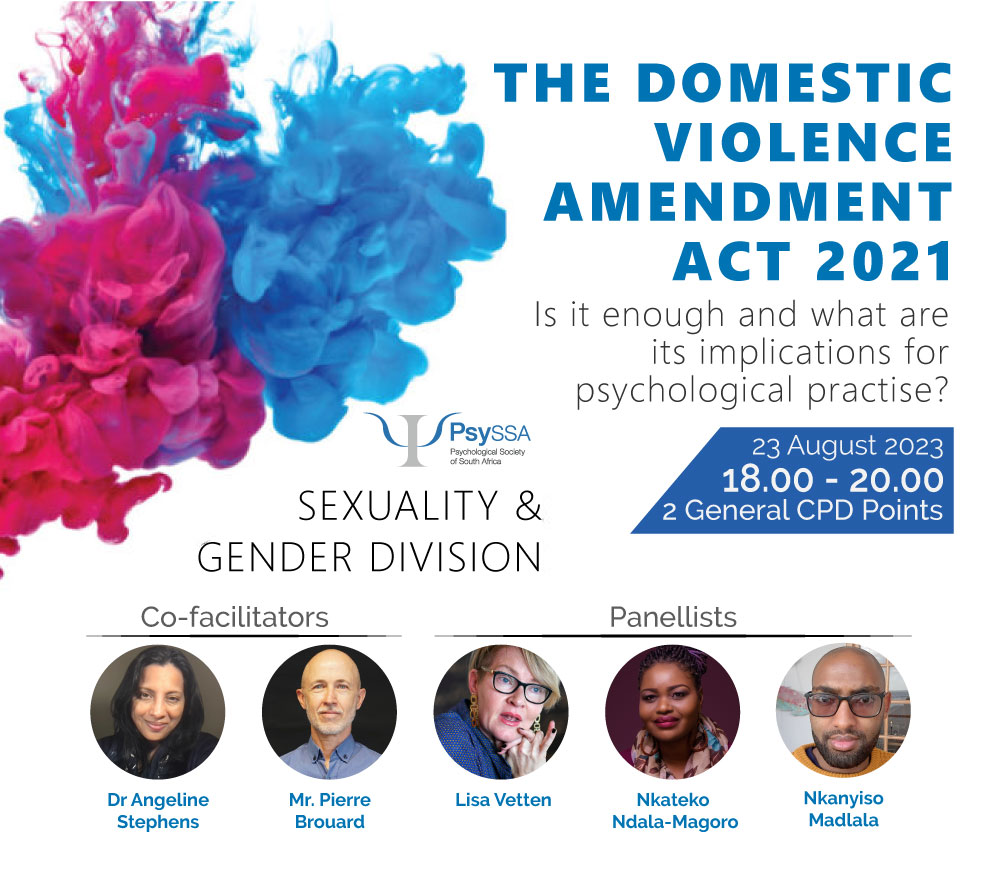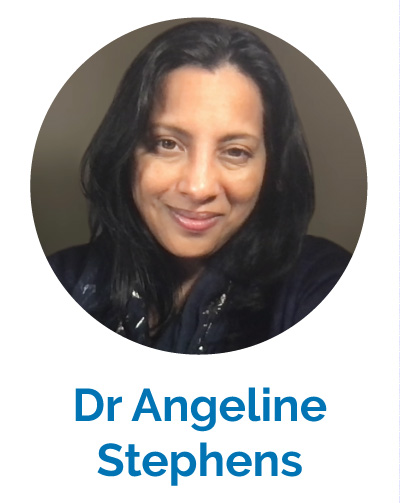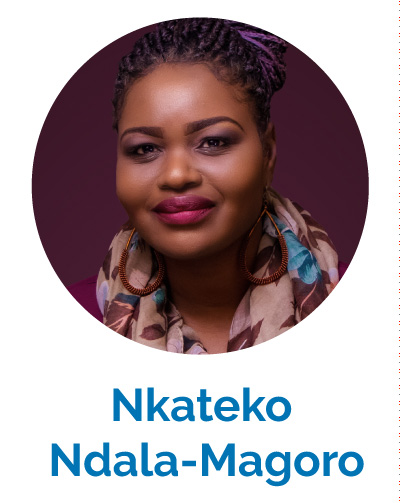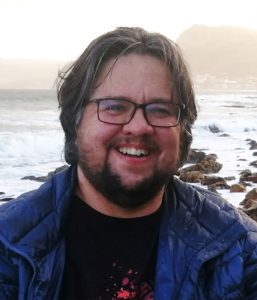Bathrooms as battlegrounds: Reckoning with the ‘quiet violence’ of everyday life
As the Prevention and Combating of Hate Crimes and Hate Speech Bill inches its way towards enactment we are reminded of the need for the legal articulation of constitutionally enshrined protections in South Africa.
The Bill not only recognises that hatefulness towards sexual and gender minorities cannot be tolerated, it also works to embed human dignity as a cornerstone value of a post-Apartheid democratic South Africa. Importantly, the Bill recognises that hate crimes, hate speech, and discrimination do not only play out in obviously public platforms, they also manifest in more private and intimate domains, in homes, in faith spaces, and in workplaces.
One intimate – and yet also public – space which has elicited the social ‘gaze’ is the ‘bathroom’, the space where all humans meet common biological needs. The issue? The use of bathrooms by trans and gender diverse people. In this space not only do the public and private collide, but so too do moral and personal panics. As a global anti-trans movement takes shape, policing of trans and gender diverse bodies in bathrooms is a ‘quiet violence’ of everyday life.
On this, the International Day Against Homophobia, Biphobia and Transphobia (IDAHOBIT), we call for a reflection on these kinds of everyday and often quieter forms of violence and discrimination. This year’s theme, “Together always: united in diversity”, rings hollow when we explore the indignities which have been, and still are being, meted out to people whose bodies and identities dare to be different and diverse.
Bathrooms do not exist in a social, cultural or political vacuum; the design, construction and regulation of bathrooms are a manifestation of the prevailing ideologies around bodies, the (gendered) management of bodies, and the ways bodies perform their varying functions. Bathrooms transcend their utilitarian purpose; they have long been sites of both overt and covert political struggle.
Globally, bathrooms have played a significant role in social justice movements. In looking at the successive equality movements that characterised the push for civil rights in the United States of America, bathrooms formed key sites of contestation and activism for workplace transformation by the women’s movement, the desegregationist movement, and the disability rights movement.
In these instances, acute attention was drawn to the ways in which the bodies of women, people of colour, and people with disabilities were constructed as an intrusive and intruding ‘other’ – disrupting and inconveniencing what were otherwise normatively male, white, and able-bodied spaces. Those of us old enough to remember will know that ablutions were strictly, and minutely, policed and separated in Apartheid South Africa.
Under Apartheid the 1953 Reservation of Separate Amenities Act segregated public amenities such as swimming pools, beaches, and public toilet facilities, amongst other infrastructure, on the basis of race. In so doing, this act formed a pillar of the then expanding framework of laws institutionalising and socially engineering racism into peoples’ everyday lives and underwriting the lived realities of so-called ‘petty Apartheid’. One vestige of the inequalities of Apartheid is the bucket system and (sometimes fatal) pit latrine which continue to be a feature in historically marginalised communities of colour and the schools within these communities. These toilets not only signal the ways in which the Apartheid state regarded the dignity and worth of the bodies and lives of South Africans of colour, but, post-Apartheid, continues to serve as an indicator of the failure of successive government administrations to address their existence.
Bathrooms are part of everyone’s daily rituals: every time a person must choose between the ‘men’s’ and ‘women’s’ bathrooms or toilets, they are in effect subjected to a normative system which works to organise, reproduce, and discipline their identity and their body in terms of a sex-segregated understanding of gender or, more specifically, a compulsory Western-styled binary of gender defined by only two biological sexes, namely, ‘male’ and ‘female’.
For trans as well as gender diverse people, this choice requires a calculus of self-preservation and, in turn, rituals of self-surveillance in relation to their gender expression and presentation on that day and, ultimately, how they may be received on entry to that bathroom. When ‘crossing the threshold’ of a bathroom space, trans as well as gender diverse people are forced to either comply with the dictates of a normative gender presentation or face the possibility of violence. Even cisgender people, diverse in their gender presentation, face this policing and potential violence. The subtle but powerful panoptics of surveillance which characterise modern bathroom design are geared around not just policing bodies, but policing bodies in gender-specific ways. Think about it. The clearly marked sex-segregated signage, the mirrors and reflective surfaces within bathroom spaces, and the stall partitions which do not reach all the way to the ground.
Trans and gender diverse people have anguishing stories of fear, harassment and violence in these spaces. Rather than sites for bodily relief, they become tense sites of discrimination and exclusion; one’s presence in gendered facilities may result in discomfort, verbal abuse or even physical assault. Further, calls for trans and gender diverse people to use the bathrooms concordant with their sex assigned at birth are not only discriminatory, they create the conditions for further violence and confusion aimed at trans and gender diverse people.
In fact, violence aimed at trans and gender diverse people is seldom the focus of anti-trans sentiment, rather it is violence towards cisgender women which is foregrounded. Much of this sentiment is based on myths, moral panics and manufactured outrage.
It is important, in South Africa, to acknowledge the concerns of women around sexual assault and rape.
However, it is equally important to challenge the idea that bodies sexed and gendered as biologically ‘male’ are inevitably violent and that safety can only be guaranteed through gender-specific or sex-segregated bathroom arrangements. Studies and real-world implementations have consistently shown that gender-inclusive facilities do not compromise safety or privacy. Instead, they are sites of social change, challenging unhelpful ideas about binaries, and about men as inherently violent.
To oversimplify the prospect of violence to a specifically gendered body or parts of that body which may happen to share a gender-inclusive bathroom space with women marks a reductive rendering of violence or, in other words, a ‘genitalization of violence’ which ignores the complex reality of violence. Study after study continues to point to what is a toxic intertwinement of gendered power asymmetries, control, devaluation, objectification, and dehumanisation which underwrite psychologies of sexual violence. Women are much more at risk in their own homes, from men they know, than from strangers in bathrooms.
Bathrooms are personal and political spaces, sites of discrimination but also contestation. Historically this contestation has been around race, gender equality and disability. Today, the battleground is territorially marked around gender binaries, gender policing and dignity. When a gender non-conforming person is denied use of the men’s bathroom, the women’s bathroom and the bathroom for people with disabilities, in a public airport, something is wrong. Not with them, but with the fact that we are blind to this daily violence and indignity. Trans and gender diverse people deserve better.
–By Dr Jarred H Martin and Pierre Brouard
On behalf of the Sexuality and Gender Division of the Psychological Society of South Africa
-END-











